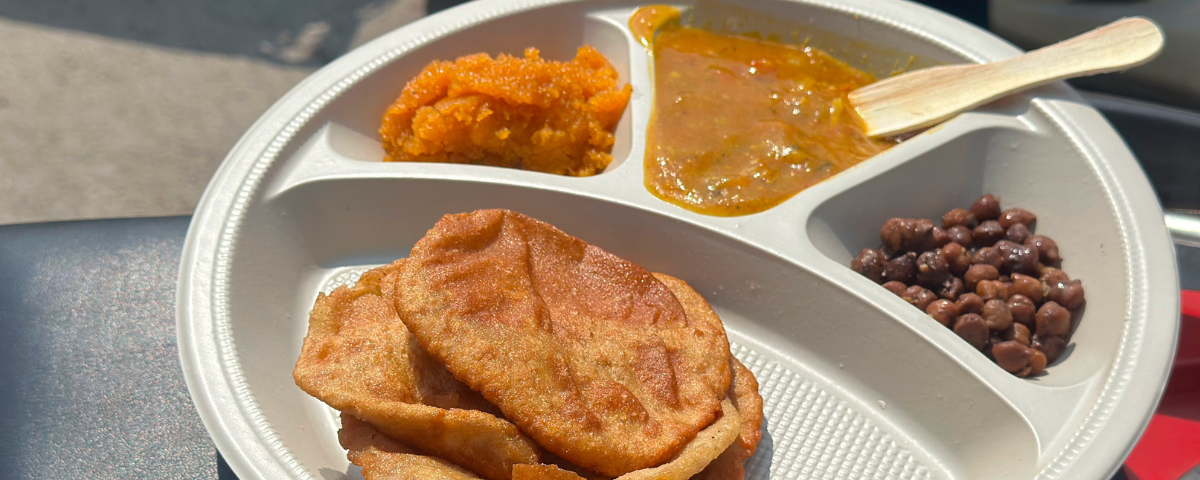You might be taking precautions at home by eliminating used cooking oil from your lifestyle, or eating less fried food, but what about the small food items like prasad you consume almost every day.
India is known for its rich and magnificent tradition and culture. In almost every part of India, there are places of worship. However, some of these divine places extensively provide food to the devotees through Prasadam, Annadhanam, Bhandara, or Langar. Not only that, but some street vendors sitting outside the shrines also sell these prasadam and food items. Thousands of devotees who visit the shrines buy these food items without knowing how safe/unsafe it is to consume.
Have you ever wondered how these sellers manage to provide such a large amount of food to so many people, how much oil is being used every day? Many times, some street-side vendors reuse used cooking oil to prepare food items for devotees, and the same batch of cooking oil is used again the next day. This increases the risk of people falling sick.
Places of worship are a vital part of Indian society, and the food that is served in such divine places is considered pure and sacred. However, when the food items are cooked daily there is a lot of possibility of leftover oil being reused. Considering the safety of the devotees, FSSAI has initiated a project named BHOG – Blissful Hygienic. Offering to God. FSSAI is the Food Safety And Standards Authority of India established under the Ministry of Health and Family Welfare. FSSAI ensures that people are consuming good quality food. Just like that BHOG by FSSAI was initiated in the year 2018 to ensure that the devotees in or outside the shrine are consuming quality food.
The sole motive of launching BHOG is to encourage places of worship to adopt hygiene standards in the preparation, serving, or selling of food. BHOG provides training to the food handlers to maintain food safety & hygiene standards. Under this initiative, food aggregators/shrine authorities are mandated to eliminate any food ingredients such as used cooking oil, harmful food colouring, rotten veggies, etc to prevent the risk of food poisoning to the devotees. Moreover, BHOG training has been successfully executed in some of the major shrines in India. For instance – The popular Nellaiappar Temple in Tirunelveli and Sankaranarayanar temple in Sankarankoil from the state of Tamil Nadu have received a BHOG certificate.
For more information chat with us 917304745554




